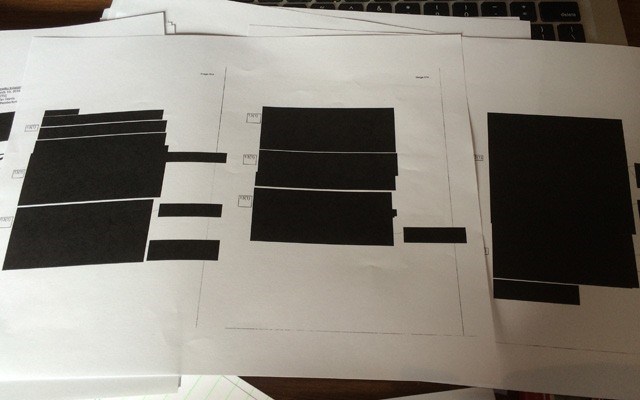Municipal governments should be able to ignore frivolous or vexatious requests made under access to information laws, according to the Union of B.C. Municipalities (UBCM).
The Logan Lake resolution, which was passed on Sept. 16, said public bodies can be subjected to harassment, defamation, accusations and abuse of staff time with little to no protection and a legal requirement to respond to malicious requests.
The resolution calls for threshold changes to decide when to ignore information requests.
However, local governments are already able to do this, says Information and Privacy Commissioner Michael McEvoy.
McEvoy said local governments are experiencing harassing, abusive or vexatious requests should bring those requests to his office's attention.
"No public servant should have to deal with harassment of any kind whether it's to do with access to information requests or not," McEvoy said. "Where there is evidence of it, there are absolute grounds to refuse the request."
McEvoy cited a WorkSafeBC decision from his office where an adjudicator found the regulator could ignore a person's requests.
There, a person had repeatedly engaged in name-calling in requests.
"She has accused specific WorkSafeBC employees of being liars, bullies, stalkers, manipulators, and rapists, and made vehement and repeated complaints about her perceptions of their behaviour," adjudicator Laylí Antinuk said in the 2020 decision.
Antinuk said the person's future requests could be ignored.
The resolution also asked for the ability to ignore requests that would unreasonably interfere with the public body operations because the request is excessively broad, or is repetitive, or hard to obtain.
Previous UBCM discussions noted a need to reduce the hours involved in searches under provincial law that are exempt from fees. Under the legislation, organizations cannot charge for the first three hours spent locating and retrieving a record.
Municipalities have noted the free fee period enables nuisance and frivolous requests to continue to come forward.
"This is particularly challenging for smaller local governments where staff capacity is limited," the resolution said.


